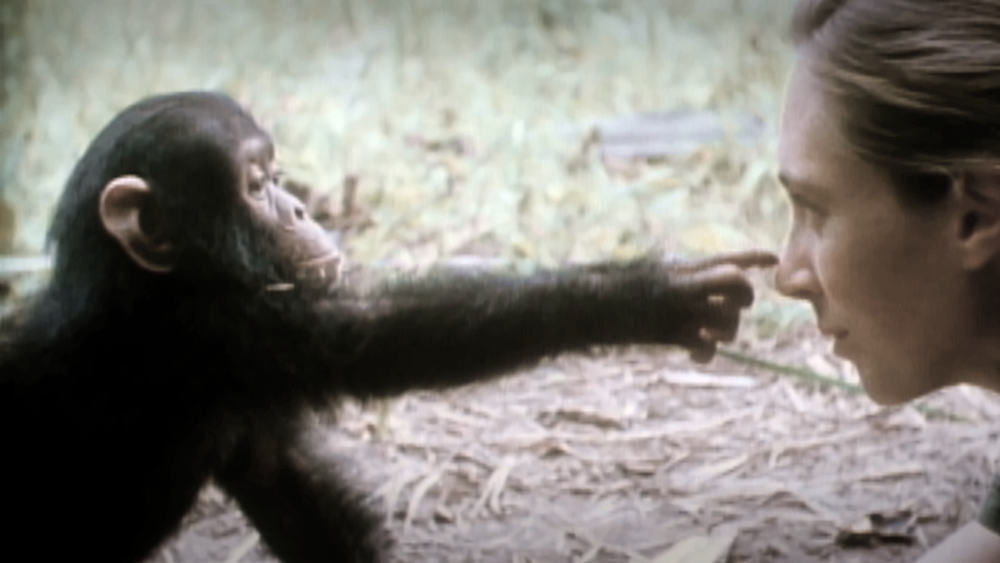My Imperfect Relationship with the Truth

“The last common grandmother of humans and chimpanzees lived six million years ago.”
I like that statement, and I believe it. Don’t we all believe things we like, things we want to believe? I like the idea that I’m closely related to chimpanzees. It reinforces my worldview, my makeshift model of the world where I live. That worldview is constructed one found object at a time with no grand plan, only a sense that each new piece fits. It’s like a shanty town or an art project.
In its totality my worldview is vague and difficult to comprehend, but the details are not. “Our common grandmother lived six million years ago” supports and reinforces other beliefs like “people are social animals,” “HIV is caused by a virus,” “language changes with usage,” and “nationalism leads to war.” I must have tens of thousands of such beliefs. The more I add, the stronger, more coherent, and more useful my worldview becomes.
But is this new belief of mine about humans and chimpanzees true?
I can’t answer that question—but this is what beliefs are for. Beliefs are placeholders for the truth. The grandmother belief comes from a source I trust, the book Sapiens, by Yuval Noah Harari. I accept it, but when new evidence comes along and destroys that belief, I will clear it out and rearrange my worldview.
Beliefs are changeable that way, disposable. We make a provisional attempt at the truth, knowing that it is probably falling short. This, at least, is what beliefs are in my world. Religions and other ideologies can turn beliefs into the truth itself, forever frozen, never changing. Universal Truth. Maybe that’s the purpose of religions and ideologies, ultimately, and the reason we find them appealing and comforting. They give us “the truth” wrapped up in a ready-made worldview that requires nothing more than acceptance. You get a whole package of beliefs that you don’t have to question, a certainty about life and death that removes doubt and confusion.
My worldview cannot offer that. Yes, some of my beliefs look something like “the truth.” They are big and structural, even foundational, nearly immovable. I couldn’t dislodge them without my entire worldview collapsing. One such belief is that humans are the product of evolution. I would be extremely reluctant to abandon it, and if I did the result would be disorienting, to say the least.
I can hear the argument, “Your belief in science is no different than my belief in God. Both rely on faith.” True, but I don’t confuse belief with truth. If evidence is produced that convinces me that humans are not the product of evolution, I will alter my belief.
Does this mean I have abandoned truth? Not at all. At some point in the process of learning a musical instrument, you realize you will never be perfect. Nevertheless, you continue to aim for perfection, and as you get better, your faults become smaller and smaller, until they are not noticeable at all. What you achieve is not perfection, but an approximation of it. That’s how I feel about the truth. I continue to build my worldview, refining it here and there, hoping it will become a decent approximation of the truth.
Image: Still from National Geographic video “Jane Goodall: Hero and Visionary.” Found at http://video.nationalgeographic.com/video/jane-goodall-birthday-80?source=searchvideo
Posted on June 8, 2017 at 11:16 am under Life & Culture